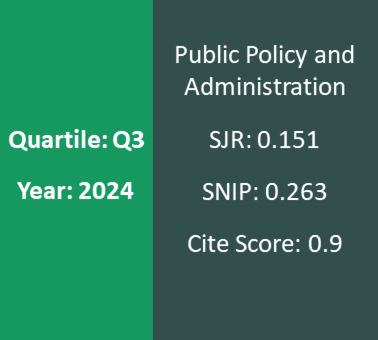Public expenditures as a factor of goods availability, provided by healthcare: evidence from Ukraine
DOI:
https://doi.org/10.5755/j01.ppaa.19.3.24869Keywords:
social sectors, health care, resource provision, relative prices, commercial sector, public sector, consumption.Abstract
The article contains an effort to test analytical techniques designed to assess the contribution, done by public sector of the economy’s social sphere to the household welfare dynamics.
The functional link between the scale of resources, which was provided to the public sector of an industry and the demand for the goods (products and services) that were, supplied by commercial sector of such industry, is explored. The estimation of consumption dynamics for the goods supplied by the public sector is complicated: such goods are not provided at the market prices, so their consumption is determined not by the households’ choice, but as a result of using of bureaucratic and political frameworks of the society. We investigated the degree of substitutionary and complementarity between the goods, supplied by the public and commercial sectors of the health care industry at the example of Ukraine.
In Ukraine, the real amount of consumption for the goods, supplied by the healthcare commercial sector is more sensitive to the scale of resources provided to the public sector than the relative prices of the goods provided by this industry's commercial sector. In the face of a chronic shortage of resources in both sectors of Ukrainian health care (the real scope of resource provision for both sectors has decreased during the retrospective period, although the scale of their goods consumption has increased), the public sector proposal is not able to serve as a substitute for the goods supplied by the commercial sector. At the same time, the lack of income of Ukrainian households does not allow observing the high elasticity of demand for the health care services by income, as it was recorded in many studies in the developed countries.





